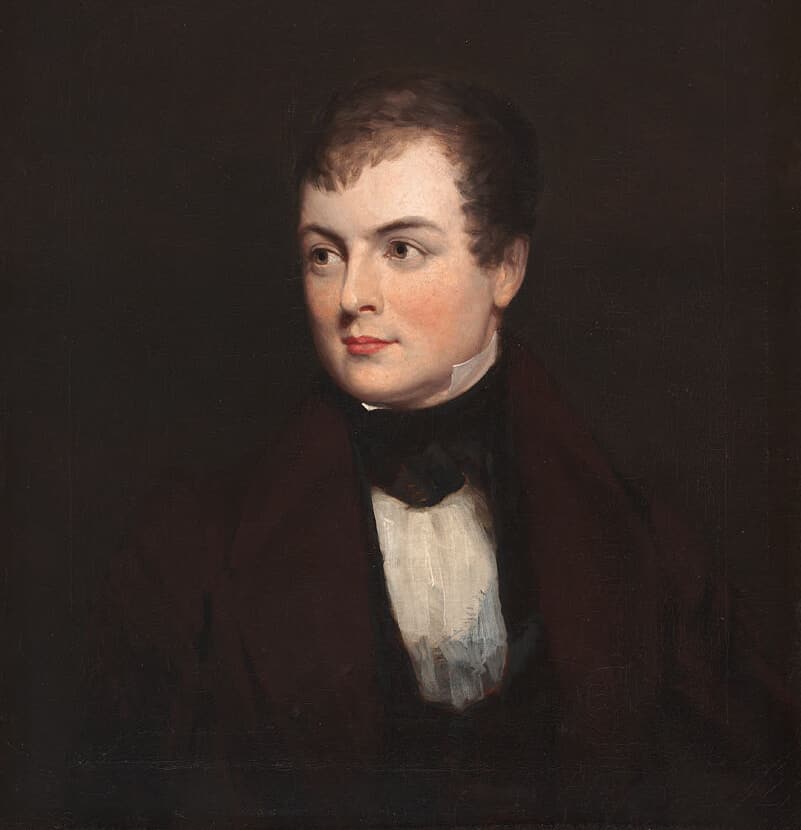Epes Sargent via the mediumship of Cora L. V. Richmond
[From the Chicago Times Monday, January 17, 1881.]
1,398 words, 7 minutes read time.
The following discourse was given on last evening, before the First Society of Spiritualists, at Fairbank Hall, Chicago, Ill., by Mrs. Cora L. V. Richmond, purporting to be from the spirit of the late Epes Sargent, whose death, at Boston, was announced a few weeks ago. During its delivery the large audience seemed under some strange spell. It was an effort aglow with eloquence:
The discourse to which you will listen this evening is suggested, in thought and in language, by one who has lately departed from earthly life, who has been somewhat known among Spiritualists, and though not suddenly, still has recently taken his place among his friends in spiritual existence.
The diction will be his, but the rendering of it will be by the usual control of the medium who speaks the thought and language of the departed friend, who is standing near.
Oh, in thought-sleep, what dreams may come!
There is no pain in dying. It is as the ebbing of a tide; as the flowing away of a stream; as the passing out of daylight into twilight; as the coming on of autumn sunsets, wherein the whole of the western sky is flooded with a glow of light. And yet it is a wonderful surprise, even to one who is accustomed to think of a future state while on earth; to one whose mind has been carefully trained in all the schools of thought concerning immortality; to one whose religion and intellectual conviction both hinge with absolute certainty on the spiritual state. To find oneself floating out from the fastnesses of time into the immeasurable space of eternity is such a matchless experience that only those who pass through the portal of death can understand.

The greatest surprise of all is that you feel the gliding away of human things without a pang, or regret, or grief, or pain—feel that pain itself is departed, and that a pure, ineffable flood is coming to you just across the harbour’s bow. The loosening of the human affections, the hurt that comes to the heart when you hear the sob of loved ones close beside you, and can not reply, is overbalanced by the thrill that accompanies this loosening of the mortal tie, and you feel glad of death even while it is upon you. One can not understand, unless one has passed to mountain heights and seen the glory of the sun rise far out upon the sea as the sun suddenly comes up, tipping for the moment, the waves with crimson and gold, and then rise in full glory, as though night had never been there.
The realism of life besets one continually, and one longs to drag the mortal part into the immortal world, the shell into pinions, the root and germ into the flower.
One forgets that to every stage of life there is preparation and growth, and it is as though one wished to take their baby garments with them and wear them in manhood. We cling to the rags of clay, we cling to the fastenings of time; the moorings of the senses beset us here and gird us round about. Oh, what a sublime thing it is to feel suddenly grown to full manhood; those barriers broken, the bonds of sense dispersed: to know that oneself is every inch alive, and to feel not only all present consciousness but all past consciousness, and I might say all future consciousness, crowds upon you.
The greatest wonder of all is that everything in material life remains the same, but transfigured; that all sensation and consciousness grows more and more palpable, until the very heartbeats of one’s friends are audible as the spirit is passing away. As an over-strung instrument responds to every sound, so the consciousness of the departing one, as you term it, is more and more exhilarated, until the very thought which you think becomes palpable to the one who is not dying, but about to be born. You stand in the presence of death;—to you it is a receding wave. In my mortal past I have stood there many times, watching with questioning mind the receding wave of life and the passing from the mortal to the immortal, and ere I knew the great splendour of spiritual truth I watched with sadness, with regret, with indefinable doubt and horror, the thing men call death; but in the greater measure of late manhood, and in the full strength and power of the last years of life, I knew of spiritual existence, but I did not conceive what it could be like.
If you have inhaled the perfume of a flower, but have never seen one; if you have read musical notes, but have never heard them expressed; if you have dreamed a dream of loveliness, but never saw it embodied or impersonated; if you have thought of love but never loved, you can then imagine what the mortal state is compared to the immortal; awake, alive, active, the dull lethargy of pain and suffering departing as with a breath, and the strong strength of active life, with its full vigour, surging above, around, beneath; the ineffable rest floating out into an infinity of certainty, while all material things, save love and consciousness, seemed evanescent—this was the experience. I could feel all thoughts of those who stood near me; I could contemplate the mind and heart wrung with bodily anguish, but glad for me, for the release. I could hear my friends thinking afar off: “This is now about the time that he must go;” and when the news spread with electric speed, I could hear them say: “One more worker is gone,” though I knew thousands of miles intervened between them and where my body was. I could hear my friends think the world over. There were silent heart-throbs answering to my life, and the ineffable questioning of what he is doing now that would rise to the lips of those who heard afar off that the mortal frame had ceased to breathe.
Oh, but the quickening of the spirit! I cannot tell you what it is like. It is like a symphony compared to one note; like an oratorio compared to the simplest melody; like the poem of Dante, like the ineffable Milton, like the crowning light of Shakespeare, all-pervading and all-glorious; like love itself, that vanquishes the night of time and pain and death. Myself was before me; my thoughts, all of past life, were impersonated. Everything I had done or thought came before me in form, in beauty, or deformity. Children, the waifs of my fancy, supposed to have been conjured out of the teeming brain of mortal life, were before me in reality; characters that I had supposed purely ideal and imaginative, drawn with fanciful pen and sent forth to illustrate a moral principle, came up before me as living realities, saying: “I was the one of whom you wrote; I was the spirit inspiring such and such a thought,” and every crowded fancy became impersonated, until, like little people seen in fairy visions, all ideals were realized, and I laughed with these children of my fancy to find them so real, standing around me, claiming me for their spiritual parent and saying they were mine forever.
Could you believe this? It is no imagination, but a reality, that those of whom we write, and of whom poets weave solemn and grand songs, that fairies that are pictured in visions for children to read, become realities in spirit life, and are clothed with spiritual substance, peopling all the air with rich and varied images. Love itself, most populous of the peopled cities of the skies, and winged deities of unsurpassing splendour, came thronging around one as one awakes from the dream of life. Loves told long ago, and seemingly half buried beneath the withering hopes of manhood, came up and claimed again their recognition. Friendship, that in the crowded and busy mart of human things had been forgotten, well nigh, came up again as a living image and asked for its own return. All love survives, and how it peoples the space that elsewhere would seem infinite and void!

Leave a Reply